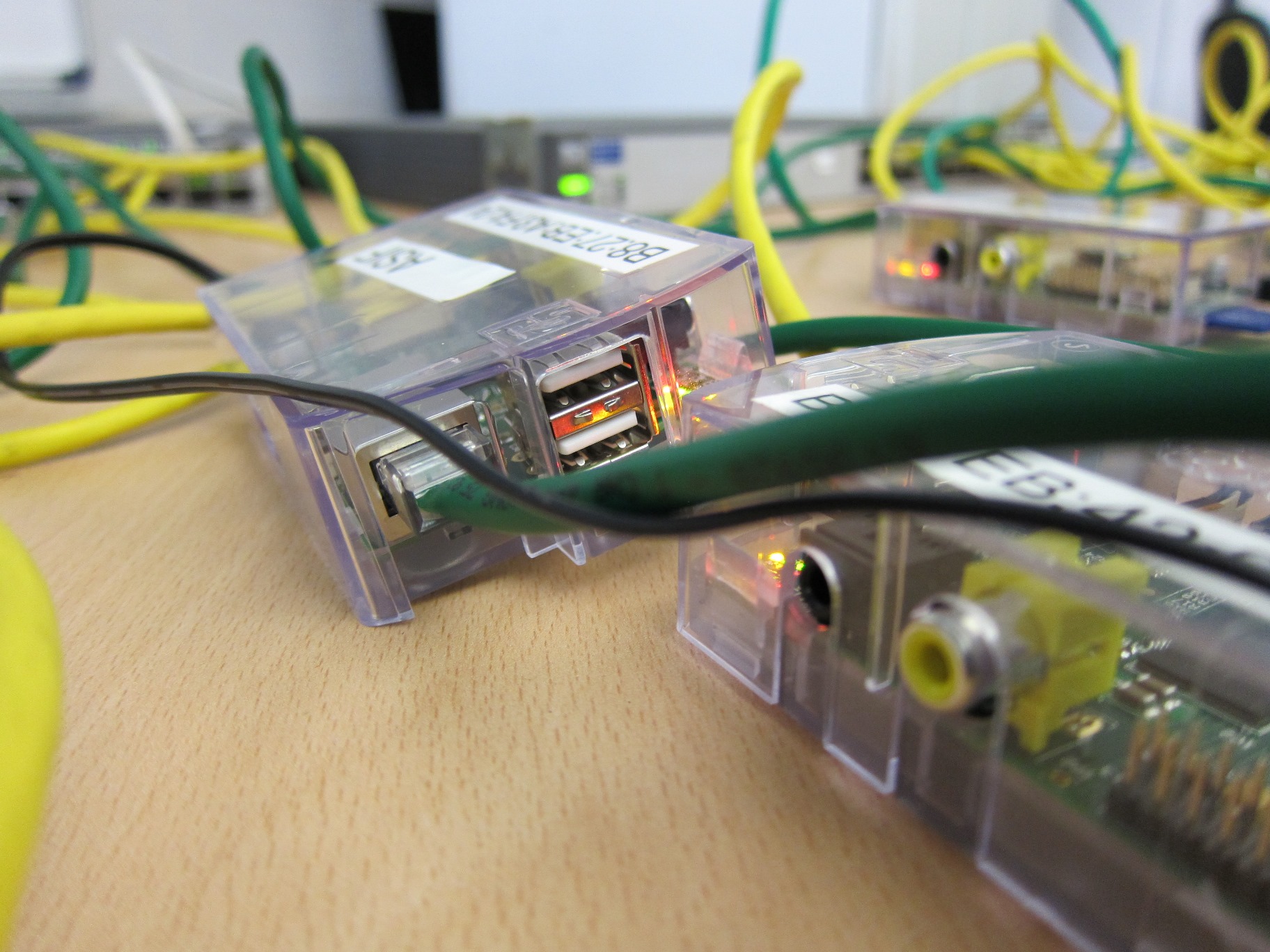 |
COMPUTER SCIENCE FOR FUN (cs4fn)
Computer Science for Fun is a public engagement project with international reach that has been inspiring school students of all ages about interdisciplinary computer science. We produce a twice yearly magazine on computer science research presented in accessible and offbeat ways. The website contains thousands of articles on topics ranging across the whole of computer science. We have also produced a series of fun booklets on topics such as ‘The Magic of Computer Science’ and ‘Women in Computing’. We also produced spin off magazines ee4fn and Audio! We have given fun, inspirational talks in schools and science festivals across the UK.
TEACHING LONDON COMPUTING
Teaching London Computing is a sister project to cs4fn that supports computing teachers in London by developing and providing CPD courses (in a variety of formats including intensive 1-week and 10-week evening courses), free workshops on introducing computing themes into the classroom, in an inspiring way, free resources for teachers, including inspiring classroom activities and inspiring computer booklets and stories.
The project is a partnership between Queen Mary University of London and King’s College London. We are funded by the Mayor of London and the Department for Education and we work with Computing At School.
TEACHING INTERDISCIPLINARY AND CREATIVE COMPUTATIONAL THINKING
The new computing curriculum aims to ‘equip pupils to use computational thinking and creativity to understand and change the world’. This collaboration between Queen Mary University of London and Hertford College, Oxford will provide resources to support school teachers in doing this and in particular promote the development of creative computational thinking skills within an interdisciplinary context. We will provide booklets, magazines, programming resources and both unplugged and programming (via the Oxford Turtle System) activities that illustrate and develop computational thinking skills. They will also show how computational thinking crosses curriculum boundaries giving a powerful way to understand the digital, physical and social worlds
TEMI: Teaching Enquiry with Mysteries Incorporated
TEMI is a teacher training project that aims to help transform science and mathematics teaching practice across Europe by giving teachers new skills to engage with their students, exciting new resources and the extended support needed to effectively introduce enquiry based learning into their classrooms. We are working with teacher training institutions and teacher networks across Europe where we are implementing innovative training programmes called ‘enquiry labs’. These are based around the core scientific concepts and emotionally engaging activity of solving mysteries, i.e. exploring the unknown. The enquiry labs use scientists and communication professionals (e.g. actors, motivational speakers, etc.) to mentor teachers through the transition to use enquiry to teach science. A spoke and hub model for coordination and delivery allows the project to both respond to local country needs while maintaining an overall EU wide sharing of best practices and reporting.
The project is funded by the European Commission under the Seventh Framework Programme (FP7), category Capacities, Science in Society, Coordination Action.
SODARACE
Sodarace, is an online Olympics pitting humans against artificial intelligence. An active community of Sodarace robot constructors and artificial intelligent researchers exist online; we developed a custom UK schools portal and appropriate ‘easy to use’ educational support materials specifically developed for this project to embed the interactive science possible with Sodarace over a range of schools curricula.
CHI+MED PUBLIC ENGAGEMENT
CHI+MED is a major research project concerned with safer interactive medical device design. We run its major public engagement campaign that aims to raise awareness both of the research and the issues around it, including the importance of moving away from a blame culture and how good design can prevent both human error and minimise its consequences.
Using Design in Primary Programming
Using design in primary programming is a PhD research project which is in response to the 2014 introduction of a new statutory Computing Curriculum in England which requires non-expert generalist primary school practitioners to teach their pupils about algorithms and how to design and write programs. In the study, we have underaken a number of studies, including interviews with five teachers and over fifty pupils and a survey of over 200 primary educators on teaching design in computing lessons and teaching planning in writing lessons. We have also developed a simple tool to support the review of the ‘design’ aspects of programming projects which we are next using with teachers to develop guidelines for the teaching of design. Data from the studies and the design artefact modelling tool are available on the project page.
Semantic Waves and Unplugged Activities
Semantic Waves and Unplugged Activities is a research project funded by the Institute of Coding. This study is part of the Education Lab’s work on understanding the pedagogy for teaching computer science concepts. Unplugged is an approach of teaching about computers but away from the computer. Professor Peter McOwan and Professor Paul Curzon at Queen Mary University of London have long championed the use of unplugged activities to teach the underlying concepts. They have used unplugged activities in a range of undergraduate modules and in their extensive outreach work with schools. Many of the cs4fn activities are unplugged, including the use of magic, puzzles, role-play and storytelling. Semantic Waves is a way of reviewing teaching and learning activities. The approach is part of a theory called LCT and was created by Professor Karl Maton from Sydney University. Professor Karl Maton has worked with the Edulab team to start to look at unplugged activities to investigate why this approach might be effective.
Comments are closed, but trackbacks and pingbacks are open.